
Following a historic electoral victory in Ghana’s 2024 general elections, the National Democratic Congress (NDC), led by President-elect John Dramani Mahama, is expected to move ahead with its bold and controversial anti-corruption initiative: Operation Recover All Loot (ORAL).
This initiative, which topped Mahama’s 120-day social contract agenda, aims to address corruption, recover stolen state resources, and ensure accountability within the public sector.
As Ghana faces challenges of systemic corruption, ORAL represents the NDC’s promise to usher in a new era of transparency and equity. This article delves into the specifics of ORAL, contextualizes it within the current political climate, and explores how it may shape governance in Ghana.
What exactly is Operation Recover All Loot, aka ORAL?
According to the NDC, Operation Recover All Loot (ORAL) is a comprehensive anti-corruption program that seeks to:
Investigate Cases of Corruption: A specialized task force to be established to scrutinize suspected cases of corruption under previous administrations, particularly targeting the period of governance by the New Patriotic Party (NPP).
Recover Misappropriated State Resources: ORAL prioritizes the retrieval of stolen state funds, property, and other assets, repurposing them for national development projects.
Prosecute Offenders: The NDC’s commitment extends to prosecuting individuals or entities found guilty of embezzling public resources. This includes members of the outgoing NPP government as well as future offenders.
This initiative’s definition has been clarified by key party officials, including Malik Basintale, the Deputy National Communications Officer, who called it a defining trend in the NDC’s governance strategy.
The political context: A historic NDC victory hinged on a promise to curb state capture and loot
The 2024 elections marked a turning point for Ghana’s democracy. John Dramani Mahama’s return to power was historic, with the NDC securing a supermajority in Parliament for the first time in over a decade.
The outcome, which some analysts attribute to voter fatigue with the NPP’s alleged mismanagement and corruption, has created a favourable environment for the implementation of ORAL.
Mahama’s 120-Day Agenda: ORAL is one of the key policies within Mahama’s 120-day social contract, a blueprint for immediate action upon assuming office. According to his special aide Joyce Bawah Mogtari, the policy represents the NDC’s determination to restore integrity in public administration.
Supermajority in Parliament: With preliminary parliamentary results in, the NDC is expected to have 2/3rds of the seats in the house, forming an unprecedented “supermajority”. The NDC’s supermajority allows for the swift passage of legislation to bolster ORAL, including laws to prevent conflicts of interest and to digitize the management of state assets. This legislative backing is crucial for implementing ORAL without bureaucratic delays.
But how exactly will NDC implement ORAL?
Gleaning through a litany of speeches, interviews and social media posts, I have been able to see some form of outlined approach. For the incoming NDC government, executing ORAL includes the following key measures:
Formation of the “ORAL Committee”: A specialized task force, comprising investigators, legal experts, and recovery agents, will spearhead the initiative. It is expected that the party’s newest darling, “The Basintale Boy” as he is called, would lead the team.
Collaboration with Investigative Bodies: The ORAL team will work alongside the Auditor-General’s office, Economic and Organized Crime Office (EOCO), and international partners to track stolen assets, particularly those concealed in offshore accounts.
Asset Tracing and Recovery: Using advanced forensic accounting methods, the task force will identify stolen state resources. This includes the use of whistleblowers and anonymous tips to uncover hidden wealth.
Legislative Reforms: To ensure the success of ORAL, the NDC plans to pass laws banning public officials from acquiring state property and introducing harsher penalties for corruption-related offences.
Legal framework and potential challenges
ORAL’s success hinges on a robust legal framework and adherence to due process. The latter being a systemic issue in Ghana, as “due process” always falls short of expectations when it comes to government dealing.
However, the initiative faces several challenges beyond the aforementioned:
Perceived Political Witch-Hunts: Critics argue that ORAL could be weaponized against political opponents. In a statement, Malik Basintale, NDC Deputy Communications Officer, refuted these claims, emphasizing the initiative’s impartiality: “ORAL will not spare anyone, including our own appointees, found guilty of corruption.” In a post-election interview on TV3’s GhanaDecides programming on 12th December 2024 with Roland Walker, Basintale repeated this claim again, even now making a promise to “gather boys boys and protest against the NDC” should they fail to deliver on ORAL.
Resistance from beneficiaries of corruption: Individuals and corporations implicated in past corrupt practices are likely to resist asset recovery efforts, potentially leading to drawn-out legal battles.
The NDC has promised to lead by example, ensuring that no official in the Mahama administration is above the law. The ORAL initiative will also include:
Regular Public Reporting: To maintain transparency, the ORAL task force will periodically publish reports detailing recovered assets and ongoing investigations.
Independent Oversight: Civil society organizations and media outlets will be invited to monitor the initiative’s progress. This open approach aims to build public confidence in ORAL’s fairness and efficacy.
Public reception and expectations
Public expectations for ORAL are high, fuelled by the perception of widespread corruption during the NPP’s tenure. Notable scandals, such as the PDS Electricity Concession saga, Agyapa Royalties deal, and allegations of inflated COVID-19 relief expenditures, have left many Ghanaians demanding accountability.
Sulemana Braimah, a prominent anti-corruption advocate and Executive Director of the Media Foundation for West Africa, captured public sentiment in a recent statement on social media, “…you cannot recover the loot from others while you also loot.”
On social media, ORAL has gained traction, with users expressing optimism. One Instagram user wrote, “I didn’t just vote; I chose a future free from corruption and greed.”

However, some sceptics remain unconvinced, warning of the potential for partisan targeting.
Lessons from other nations
Ghana’s ORAL initiative bears similarities to anti-corruption efforts in countries like:
Nigeria: Under President Muhammadu Buhari, Nigeria recovered over $1.2 billion in stolen assets, including funds linked to former military ruler Sani Abacha. However, accusations of political bias marred the initiative.
South Africa: The Zondo Commission, tasked with investigating state capture under Jacob Zuma, provided a blueprint for transparent asset recovery. Ghana could emulate its approach to avoid allegations of bias.
ORAL represents a bold step toward restoring public trust in governance. While challenges are inevitable, the initiative’s success will depend on its ability to remain transparent, impartial, and effective. For the NDC, ORAL is not just a policy—it is a litmus test for its promise to build a corruption-free Ghana. Mahama’s administration prepares to take the reins and all eyes are on ORAL to deliver tangible results.
Will the NDC and John Mahama deliver?
Ghanaians are readying themselves for this unprecedented anti-corruption drive, and ORAL stands as both a promise and a challenge. Its success could reshape not just Ghana’s political landscape, but provide a template for fighting corruption across Africa. While the NDC’s supermajority provides the legislative muscle to implement ORAL’s ambitious agenda, the true test lies not in passing laws but in executing them fairly and effectively.
For ordinary Ghanaians who have watched public resources disappear into private pockets for decades, ORAL represents more than just political theatre—it’s a chance for genuine accountability. But as the Mahama administration takes office with this bold mandate, the question remains: Will ORAL truly recover Ghana’s lost treasures, or simply add another chapter to the country’s long story of unfulfilled promises?
The answer lies not just in the NDC’s political will, but in the public’s vigilance and participation in holding their new government to its word. For now, Ghana watches and waits, as the stage is set for what could be Africa’s most ambitious anti-corruption initiative yet.
The post What exactly is ORAL, and how does the incoming NDC gov’t intend to execute it? first appeared on 3News.
Read Full Story


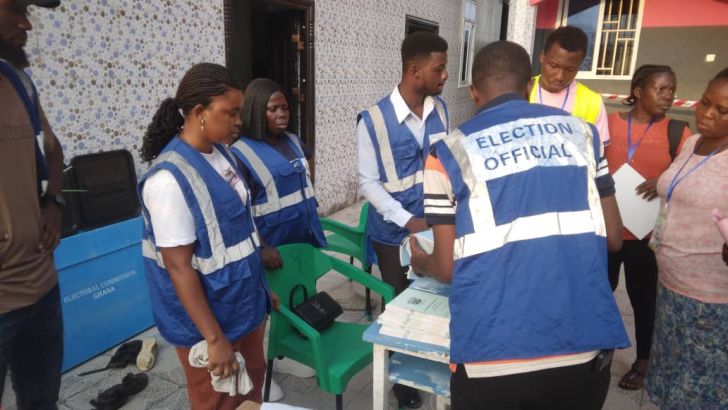
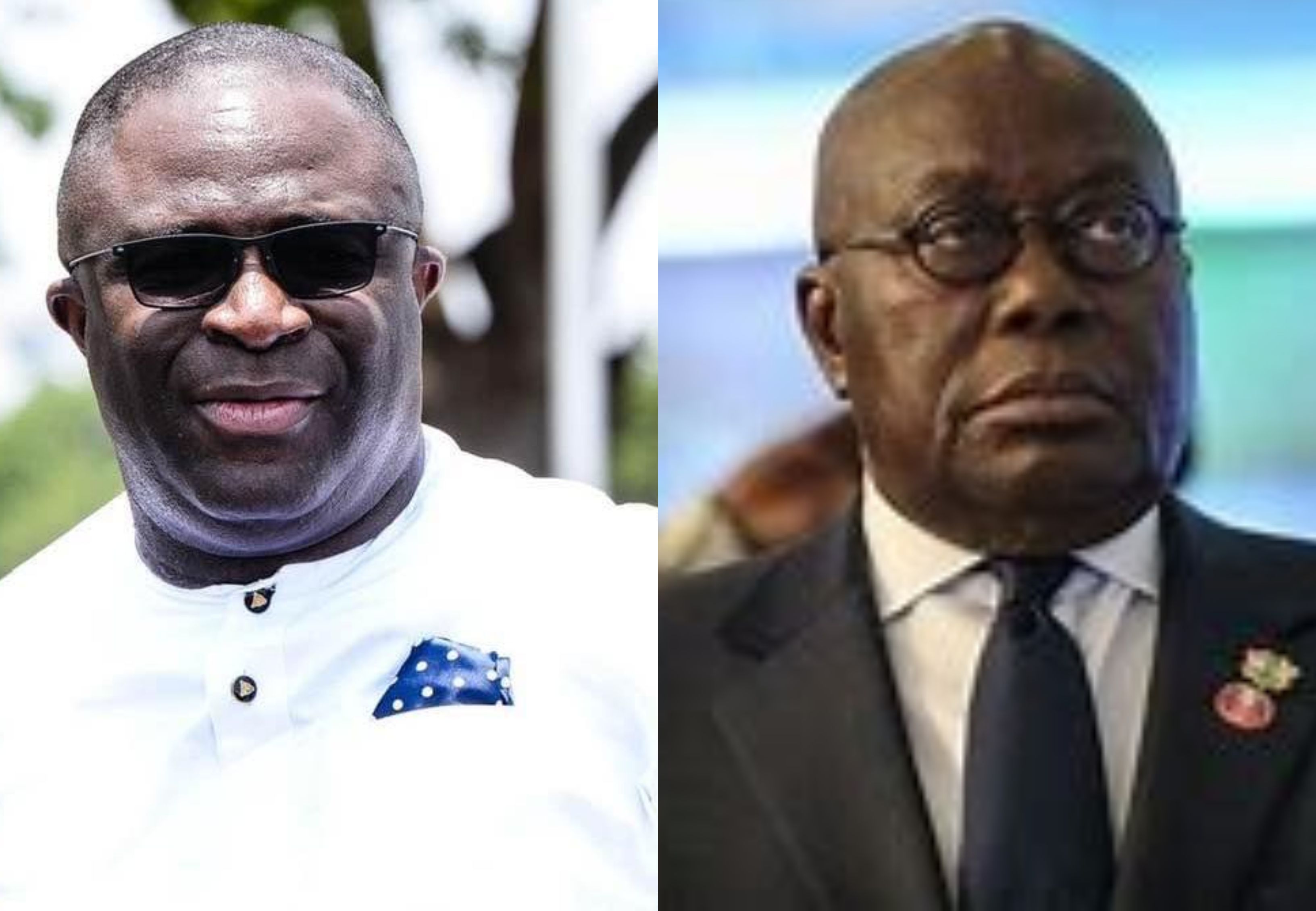
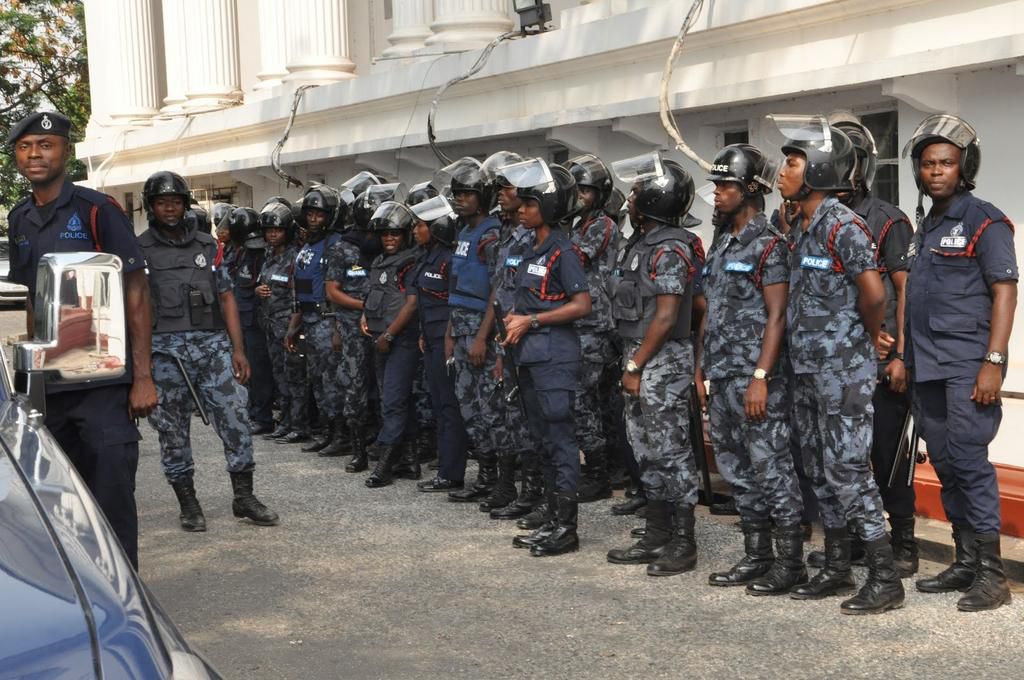

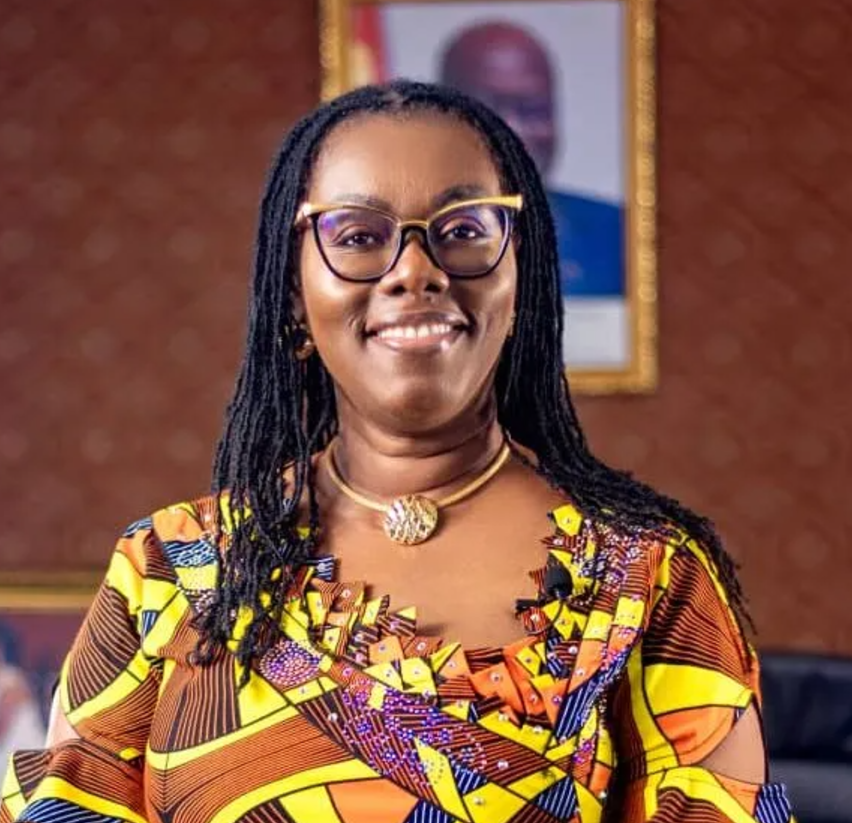
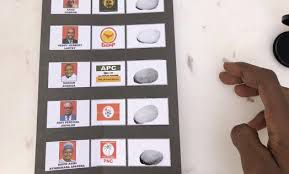

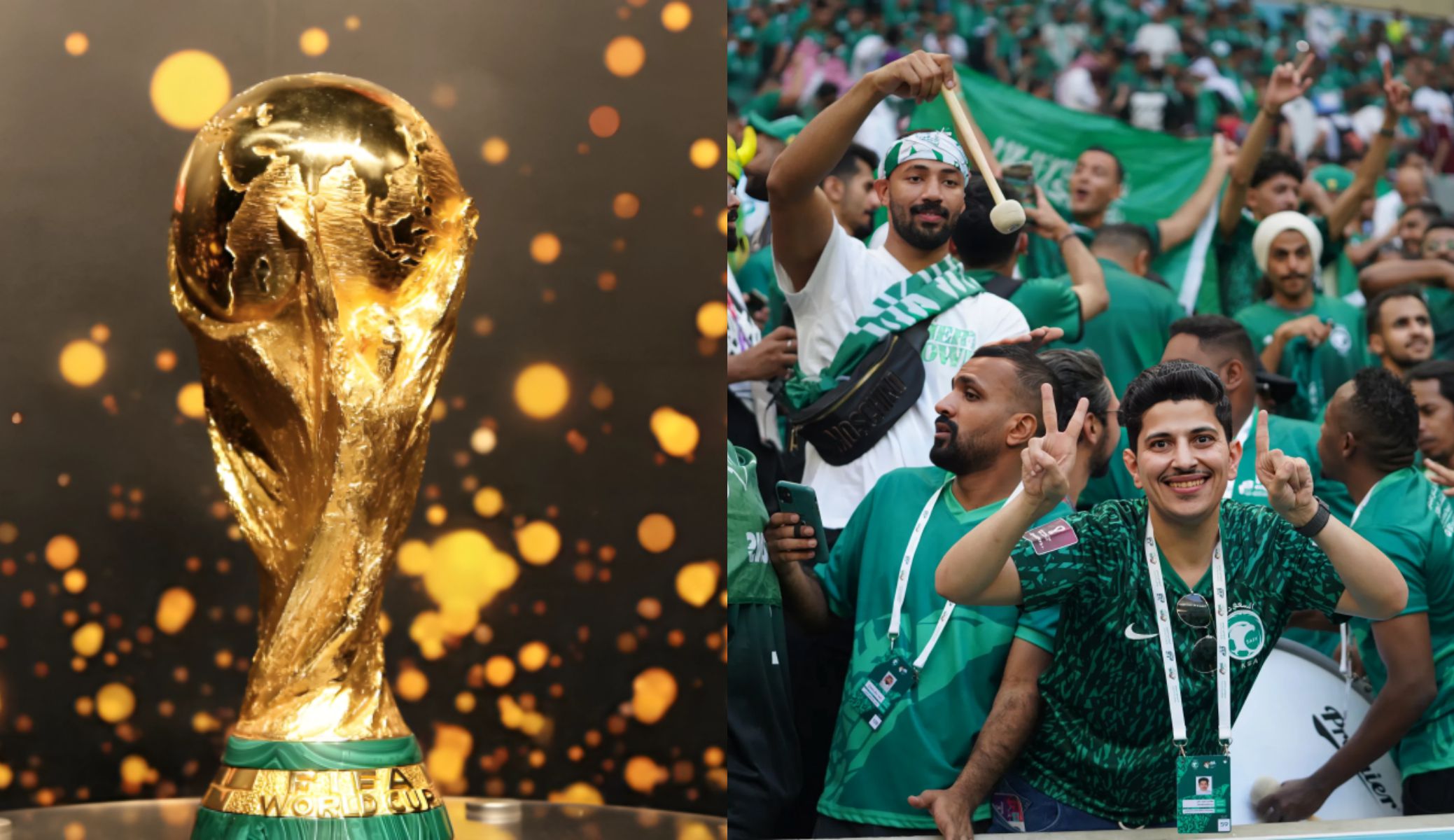
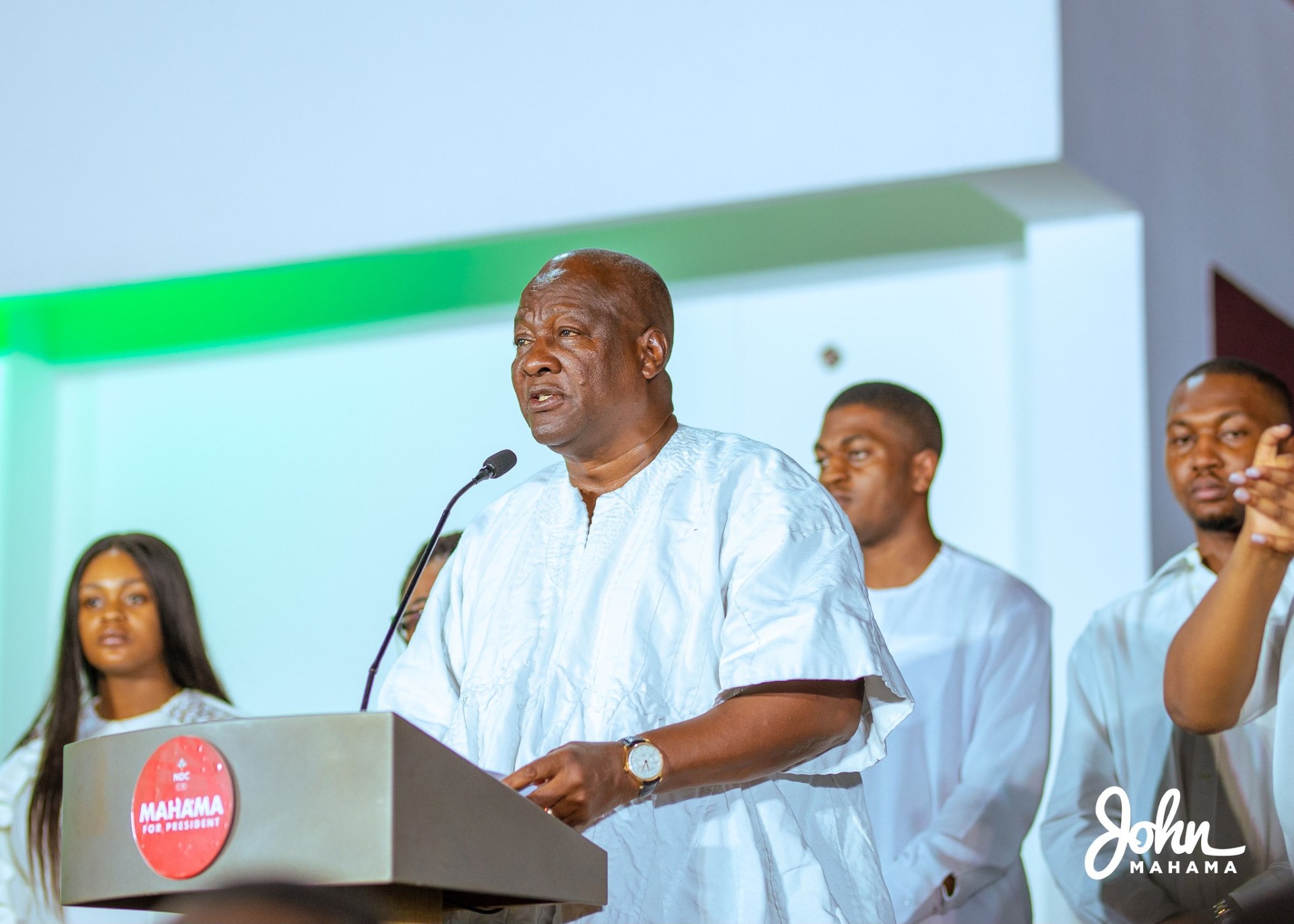
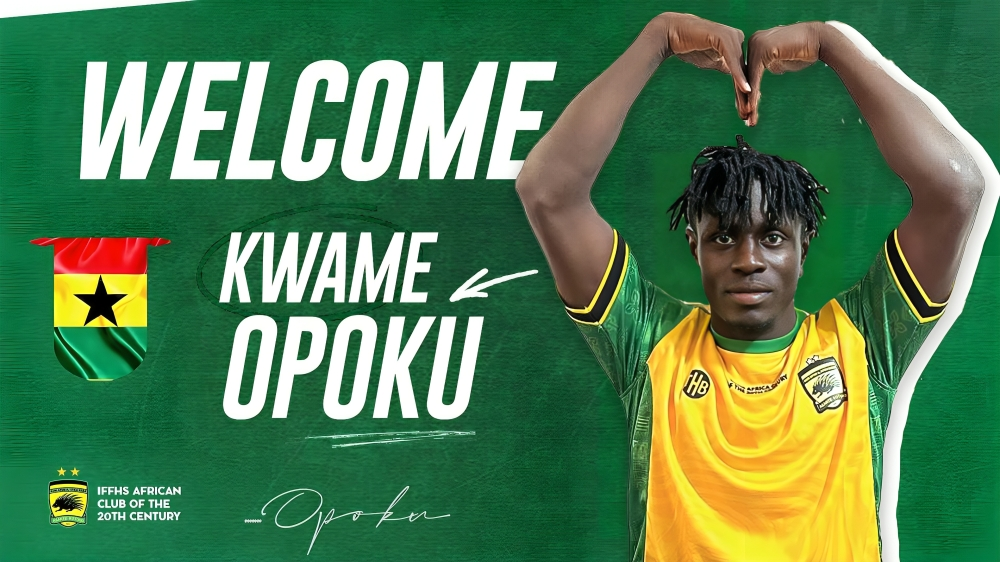

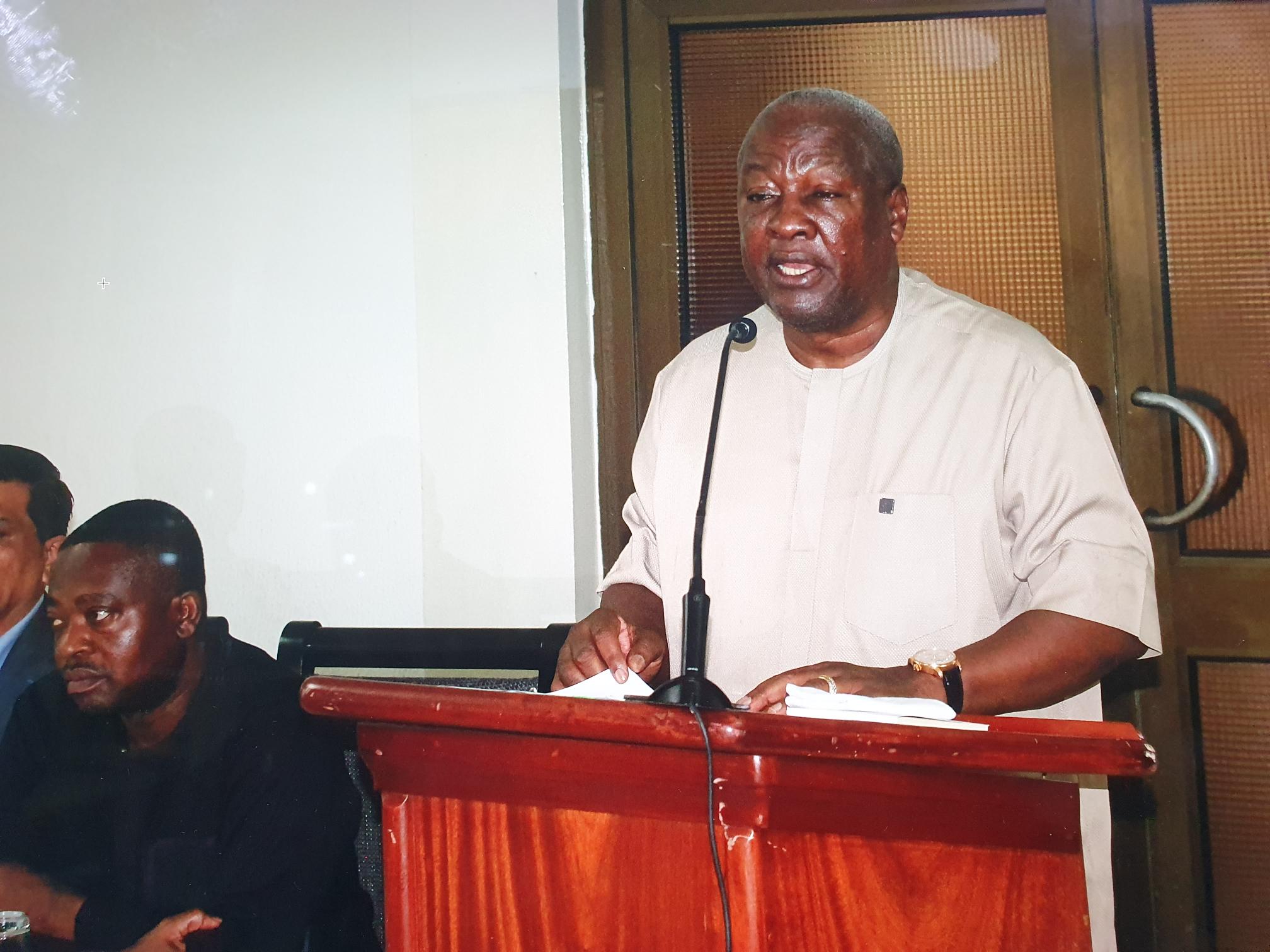
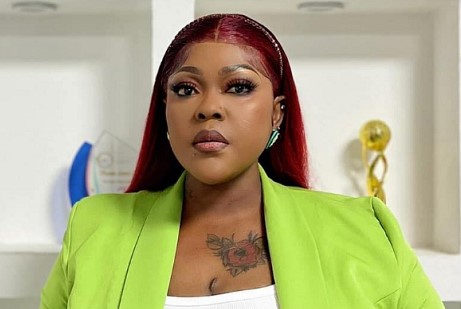
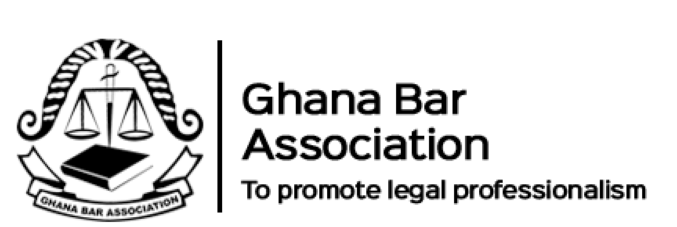

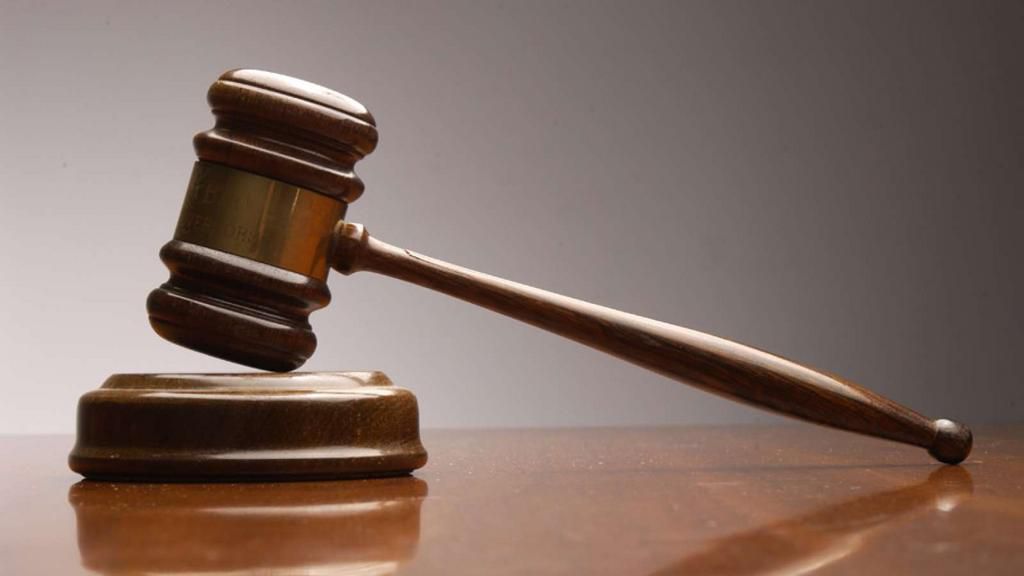
Facebook
Twitter
Pinterest
Instagram
Google+
YouTube
LinkedIn
RSS